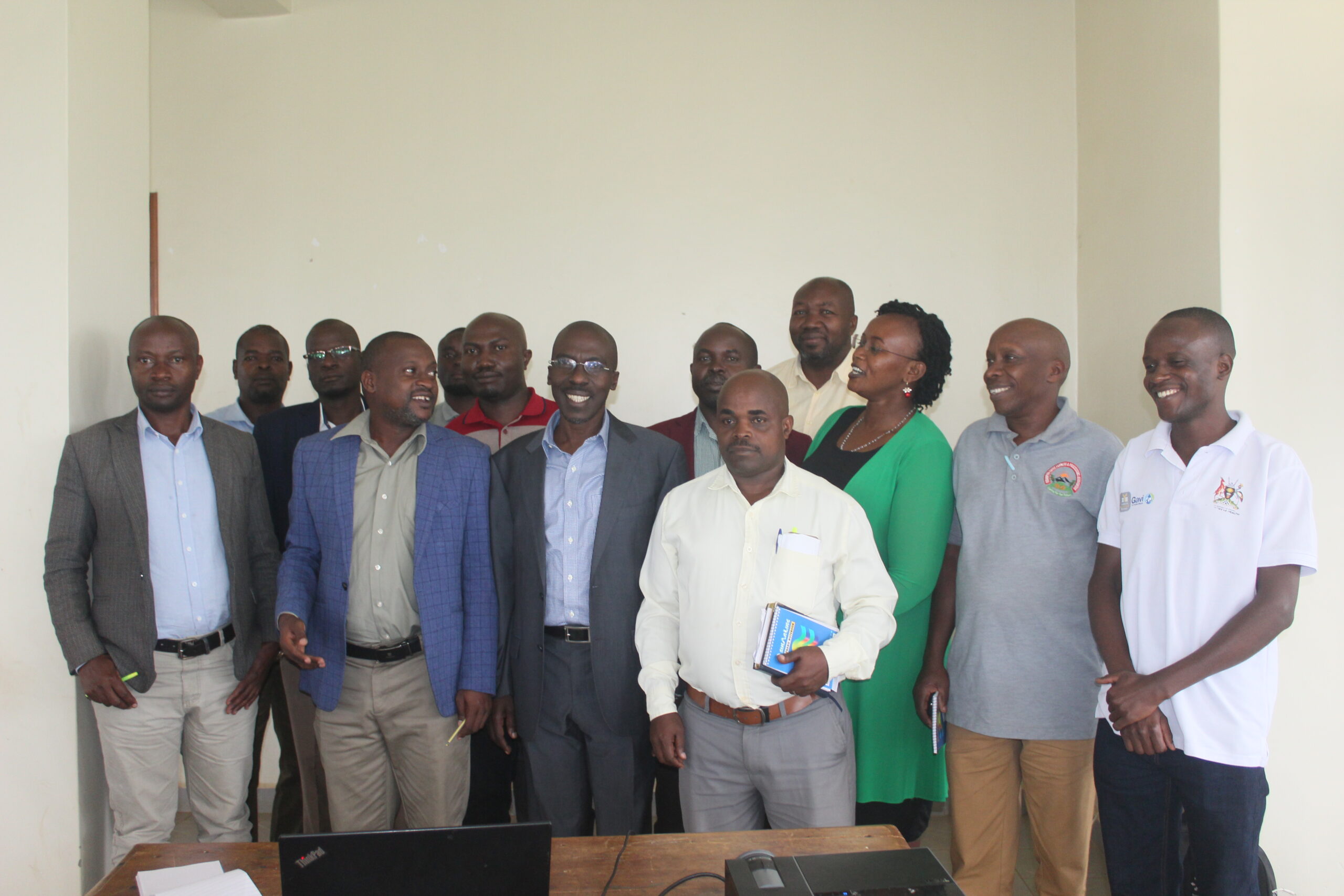RWAMPARA, June 8, 2025 – Officials from the Ministry of Local Government (MoLG) have engaged leaders in Rwampara District on strategies to promote Local Economic Development (LED), in line with the recently launched National Development Plan IV [NDP IV], which prioritises a private sector-led economy.
During the training held recently, Lawrence Sengendo, from the Department of Local Economic Development at MoLG, urged them to establish a Local Economic Development and Investment Committee [LEDIC] to enhance local revenue generation.
“The training is aimed at building the capacity of the LEDIC. We discovered that Rwampara does not have a functioning LED committee, despite recommendations made as far back as 2004. As a department, our role is to continually sensitise, build capacity, share knowledge, and monitor the performance of LEDICs across all local governments,” Sengendo stated.
He further noted that the training was intended to empower district leaders to develop local economic profiles that will support the promotion of enterprises under the Parish Development Model [PDM] and facilitate infrastructure development in the area.
Evelyn Kyomugisha, Senior Lands Officer for Rwampara District, called on the Ministry to ensure adequate facilitation of the LED Committee to guarantee its effectiveness.
“We have several dormant committees at the district due to lack of facilitation. Without allowances or resources, people are reluctant to attend meetings. I’m not sure what the Ministry plans to do to ensure this committee is active and impactful,” Kyomugisha said.
In response, Sengendo challenged district leaders to take ownership of the new committee, stressing its potential to enhance service delivery.
He acknowledged that LEDICs are currently not directly funded but encouraged district officials to demonstrate commitment and active participation. “Identify bankable projects in the district,” he said. “These projects will create jobs, generate tax revenue, and contribute to sustainable development.”
Julius Kapwepwe, Technical Advisor at the PDM National Secretariat, revealed that Shs 2.8 trillion has been disbursed since 2022 to support the transformation of 39 percent of Ugandans from subsistence farming to the money economy.
“We are in western Uganda to explore how PDM opportunities can be advanced. We aim to foster local development initiatives through joint investments supported by the private sector and NGOs. So far, over Shs 2.8 trillion has been disbursed to approximately 2.6 million people out of the targeted 3.5 million. Each parish across Uganda has received at least Shs 250 million in the last three years,” he said.
Kapwepwe described the PDM as an unprecedented government intervention, unmatched by any other poverty alleviation effort since colonial times.
Amon Mutabarura, the District Commercial Officer [DCO], urged the MoLG to address all seven pillars of the PDM, not just agricultural value chain development and financial inclusion.
“When you analyse the implementation, the government has mainly focused on pillars one and three. What about the rest?” he queried.
Mutabarura noted that the PDM is progressing well in Rwampara, with the district awaiting the repayment phase to assess the programme’s impact. “People have embraced the programme and are investing in key sectors such as piggery, coffee, and bananas. All beneficiaries have received funds, and we are now monitoring repayments from the first cohort,” he added.
Fred Tushabe, Rwampara Deputy Chief Accounting Officer, called on the Ministry to scale up LED training across local governments to ensure broader capacity and participation.
Buy your copy of thecooperator magazine from one of our country-wide vending points or an e-copy on emag.thecooperator.news
